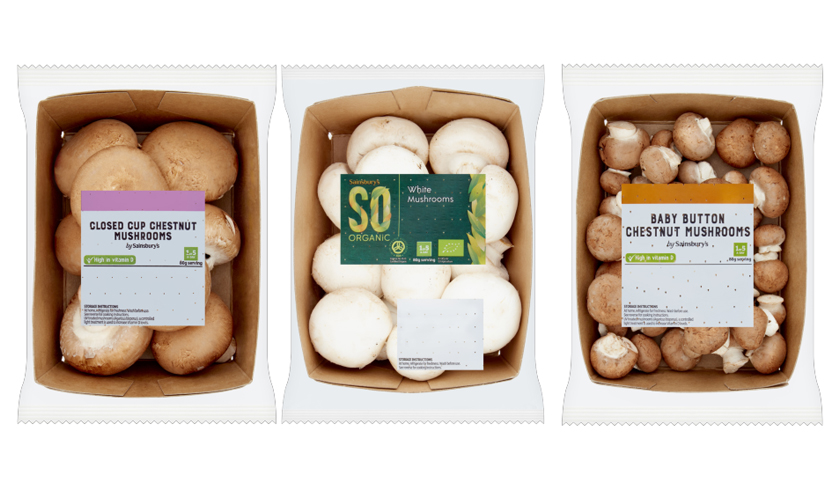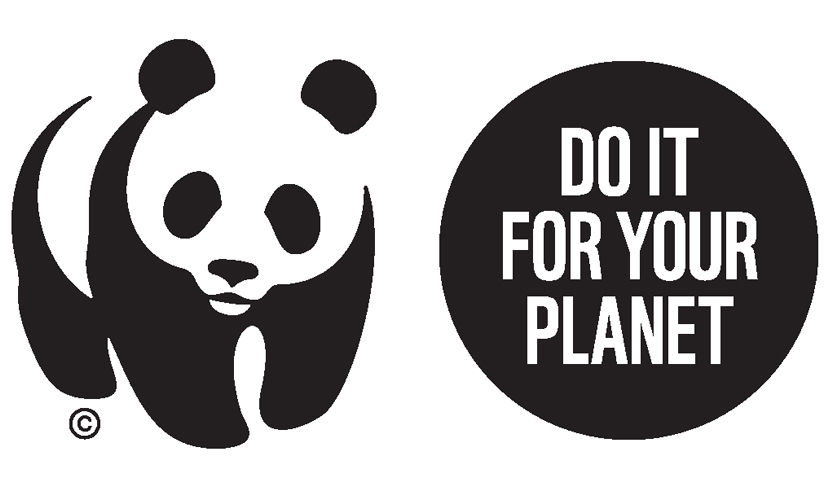Sainsbury’s is switching its own-brand mushroom punnets from plastic to cardboard in a move which will save over 775 tonnes of plastic, equivalent to over 52 million pieces of plastic a year. This is the retailer’s biggest ever single plastics removal in its history – equivalent to the weight of 43 full London double decker buses.
The change will have rolled out to all 13 own-brand lines including top sellers such as whole baby button, closed cup, organic and chestnut mushrooms by the end of the month, helping customers to recycle the packaging more easily at home. Sainsbury’s will be the first UK retailer to roll out cardboard punnets for all mushrooms across all stores.
Customers can currently purchase bySainsbury’s and SO Organic mushrooms in cardboard punnets in all stores and online, and the change will affect Taste the Difference lines by the end of January.
Claire Hughes, Director of Product and Innovation, said: “As part of our Plan for Better commitments, we are trying to reduce plastic packaging across our own brand ranges. We are delighted to introduce cardboard punnets for our own-brand mushrooms. Making a collective effort with suppliers to increasing recycled content and recyclability for all customers has helped achieve our biggest ever plastics removal so far. The initiative reflects our commitment towards a healthier and more sustainable future as we continue to look at ways to innovate our packaging and reduce and replace plastic where possible.”
The film packaging can still be recycled at one of Sainsbury’s front-of-store flexible plastics recycling points (available in all Sainsbury’s UK supermarkets).
The announcement is the latest in a string of changes made by the retailer on packaging, with its most recent biggest single plastics removal on all toilet and kitchen rolls, saving around 485 tonnes of plastic annually. The supermarket chain also removed plastic trays from its tomatoes in 2020, saving around 75 tonnes of plastic a year and asparagus in 2019, saving around 32 tonnes of plastic a year.
Sainsbury’s makes its greatest standalone plastics removal through mushroom punnets



